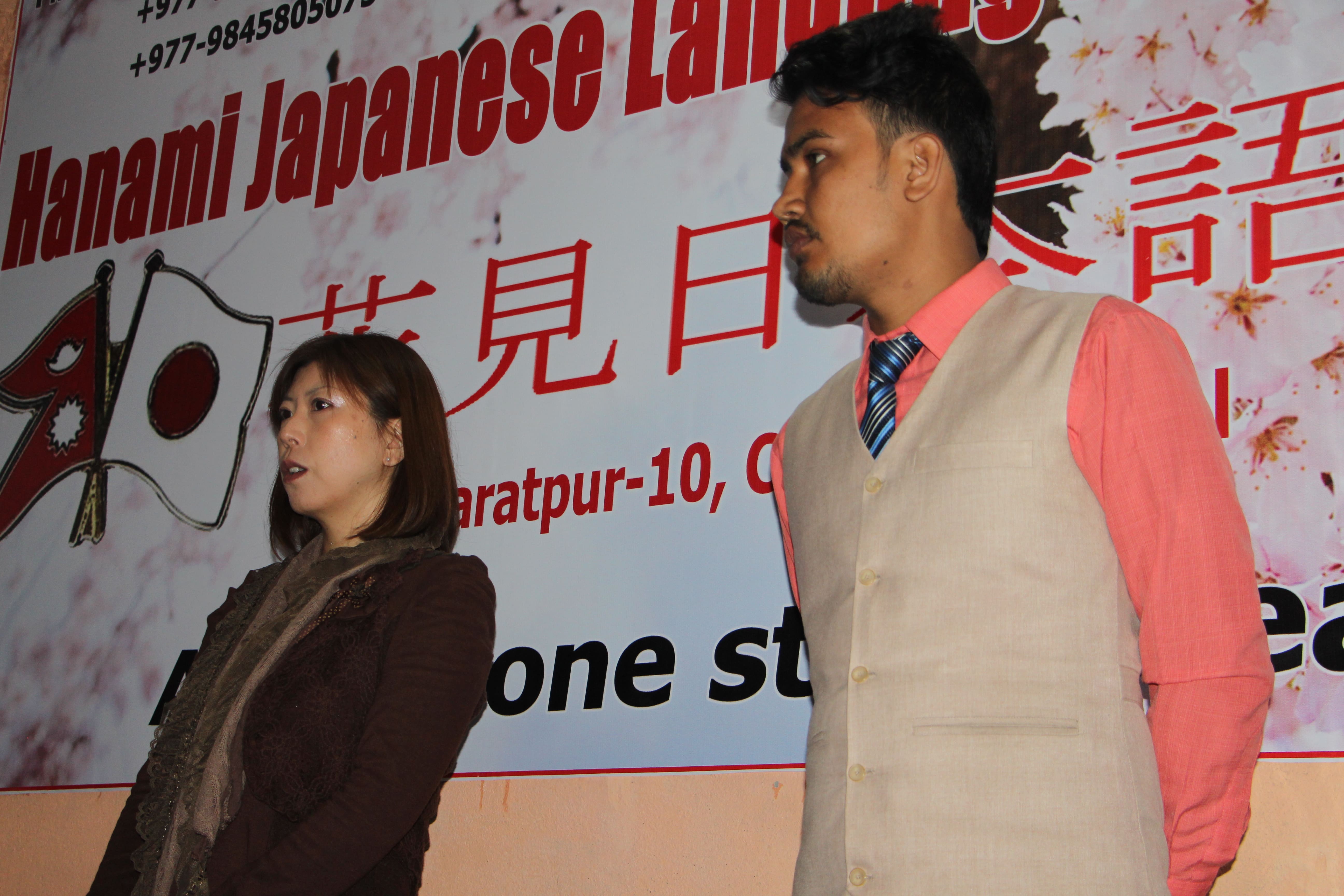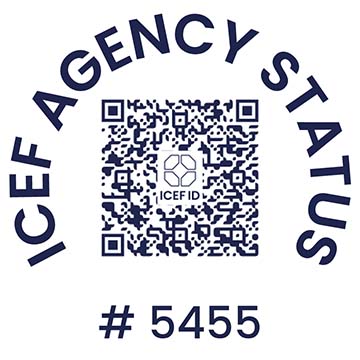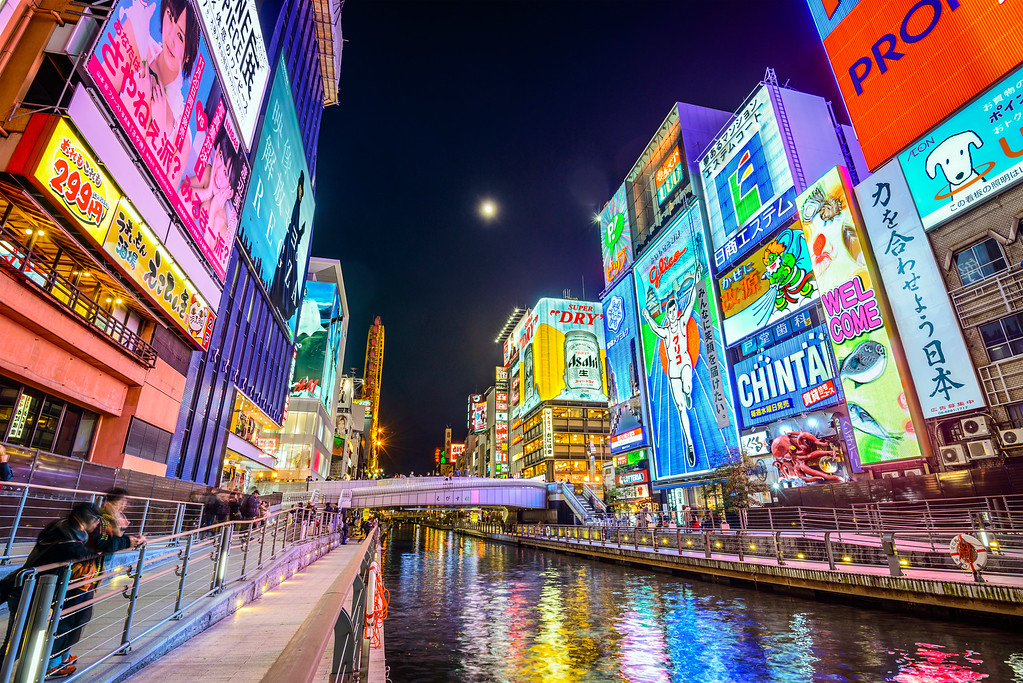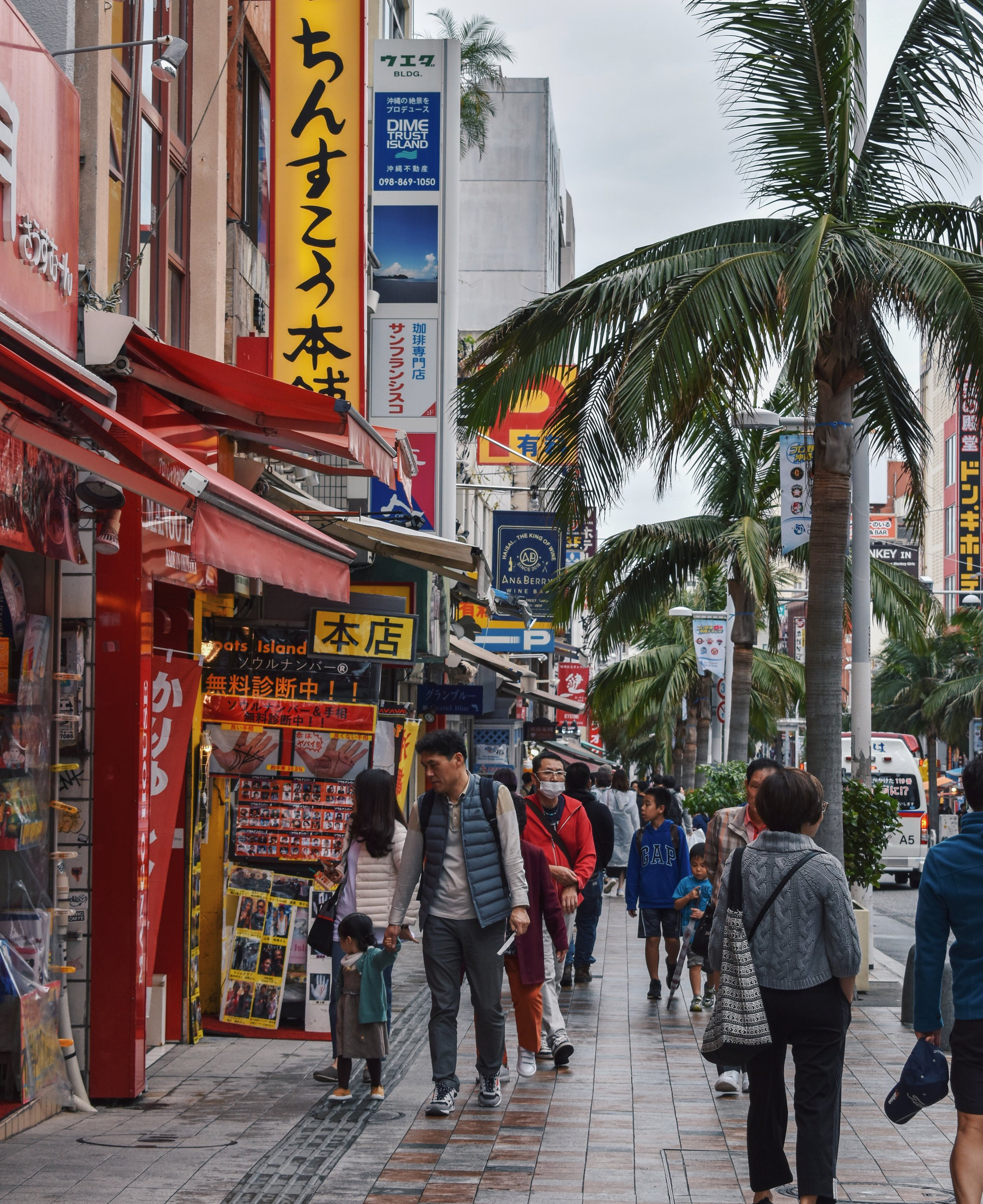Japan has one of the best education systems in the world. Japan has long prioritized education as a means of fostering economic growth and it has worked magnificently making it one of the strongest nations financially and educationally. Japan’s cutting-edge innovation and commitment to research and development, combined with a hunger to be the most forward-thinking and innovative country in the world has led Japanese education system as a force to be reckon with. Japan offers wide range of universities and countless vocational and language schools.
Japan is the third strongest economy in the world and life is very comfortable there as a consequence. It’s incredibly safe and clean. Their health system is cheap and efficient. Public transportation is reliable. Locals are known to be very welcoming, respectful and polite. Japan boasts some of the most spectacular natural views in the world. Food is very healthy. Unemployment is low. In short: it’s safe, clean and the people are happy. What more could one ask for?
Since Japan has such a powerful economy, companies abroad look to the Japanese market with interest and will therefore hire people with an international profile.The Japanese job market is extremely fluid. And the demand for language-skilled, international-oriented people is always strong. There are also fantastic work skills to be gained in Japan. When applying for a job, foreign candidates must undergo the rigorous Japanese job search process, along with the etiquette that goes along with it. Students will also learn some of these skills while at school. These experiences offer valuable experience with customs and behaviors that open doors in the world at large.
Japanese language is not that difficult. One be fluent in Japanese language within a year. Each year, thousands of international students graduate from Japanese language schools, mastering the language. Schools in Japan know how to do it: their students enroll knowing little or no Japanese. They leave being fluent. Of course, that requires dedication and hard work. Knowing the language will open many doors and career opportunities. Further, the Japanese language is much more than the usual language skills. The non-verbal cues are extremely important to communicate in Japan. Becoming familiar to that enhances communication skills wherever.
Compared to other popular destinations for abroad studies like US, UK, Australia, Japan is quite cheap. Likewise the cost of living is very low with outstanding healthcare systems.
Japan is unique in many ways. Studying in Japan will bring more than a new language and/or a new degree. One will learn on a personal level. But one can also discover a new culture, new arts, and new hobbies maybe, a new way of life for sure, combining traditions and modernism. In no other country anyone experiences such contrasts than in Japan. Japan is technologically advanced and deeply rooted in traditions and culture as well. And yet a unique, harmonious and serene environment. Japanese culture is ingrained in business too. Japanese creativity makes for reputed engineering and famous designers.
Simply put Life in Japan is great.



































